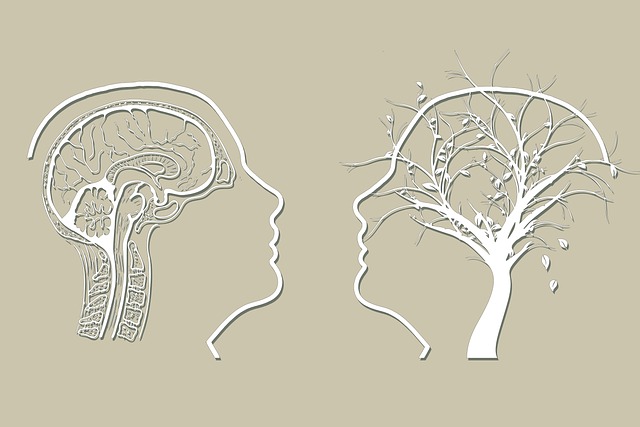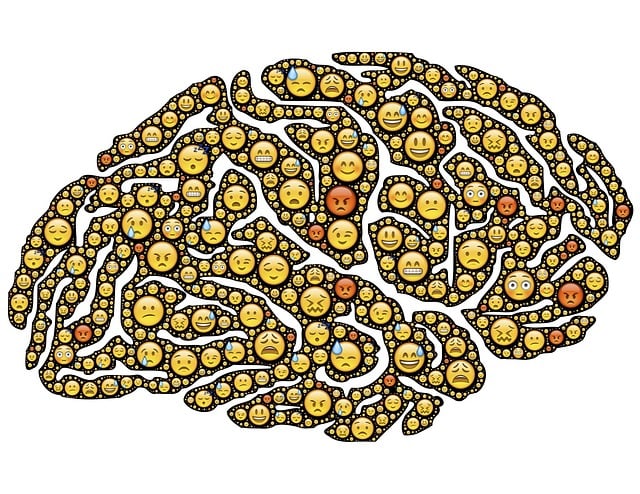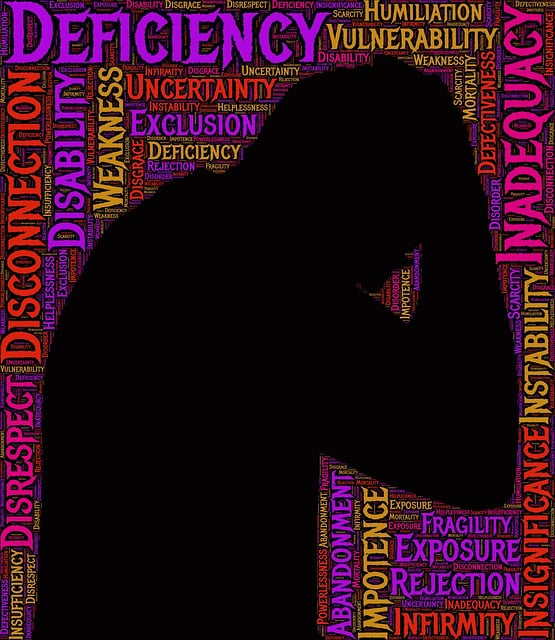Substance abuse in Highlands Ranch is addressed through evidence-based methods like Dialectical Behavioral Therapy (DBT), which combines cognitive-behavioral techniques and mindfulness practices to teach individuals emotional regulation, distress tolerance, and effective coping skills. DBT, offered at local centers, reduces substance abuse risks by simultaneously managing mental health issues and building resilience. Mental Illness Stigma Reduction Efforts are also key, fostering understanding and compassionate communities for early intervention and long-term recovery. Practical strategies from DBT, open communication with healthcare providers, and robust support networks including group therapy and family involvement, all contribute to successful prevention and management of substance abuse in Highlands Ranch.
In the quest to mitigate substance abuse and its detrimental effects, understanding the risks and implementing effective strategies are paramount. This article explores a comprehensive approach to risk reduction, delving into key components such as Dialectical Behavioral Therapy (DBT) in Highlands Ranch, practical daily coping techniques, and building supportive communities through group therapy and family involvement. By examining these elements, we aim to provide valuable insights for prevention and aftercare, fostering healthier lives.
- Understanding Substance Abuse and Its Risks
- The Role of Dialectical Behavioral Therapy (DBT) in Risk Reduction
- Practical Strategies for Daily Life: Prevention and Coping Techniques
- Building a Supportive Community: Group Therapy, Family Involvement, and Aftercare
Understanding Substance Abuse and Its Risks

Substance abuse is a complex issue that involves the excessive and harmful use of drugs or alcohol. It can lead to numerous physical, mental, and social consequences, affecting individuals across all demographics. Understanding the risks associated with substance abuse is the first step towards prevention and recovery. In Highlands Ranch, Dialectical Behavioral Therapy (DBT) has emerged as a highly effective approach to address these challenges.
DBT combines cognitive-behavioral techniques with mindfulness practices to help individuals develop skills in mood management, emotional regulation, and distress tolerance. By targeting underlying mental health issues and providing tools for confidence boosting, DBT can significantly reduce the risks linked to substance abuse. Additionally, Mental Illness Stigma Reduction Efforts play a crucial role in fostering understanding and compassion within communities, creating an environment conducive to early intervention and long-term recovery.
The Role of Dialectical Behavioral Therapy (DBT) in Risk Reduction

Dialectical Behavioral Therapy (DBT) has emerged as a powerful tool in the arsenal of risk reduction strategies for substance abuse. This form of therapy, often sought out at Highlands Ranch Dialectical Behavioral Therapy centers, focuses on helping individuals develop effective coping skills to manage intense emotions and stress. By teaching mindfulness, distress tolerance, emotional regulation, and interpersonal effectiveness, DBT empowers clients to navigate triggers and high-risk situations more successfully.
The unique dialectical approach of DBT bridges the gap between accepting one’s experiences and changing them. This dual focus supports mental wellness by fostering resilience against substance abuse relapses. Through rigorous training and practice, individuals learn to challenge negative thought patterns associated with mental illness stigma reduction efforts while building inner strength to maintain sobriety.
Practical Strategies for Daily Life: Prevention and Coping Techniques

In everyday life, individuals can implement several practical strategies to prevent and manage substance abuse. One effective approach is adopting healthy coping techniques, such as those taught in Highlands Ranch Dialectical Behavioral Therapy (DBT). DBT focuses on emotional healing processes, helping individuals develop skills to regulate emotions, tolerate distress, and improve interpersonal effectiveness. By mastering these techniques, people can better navigate triggers and stress without relying on substances.
Additionally, fostering strong cultural competency with one’s healthcare provider is vital. This involves open communication about personal backgrounds and beliefs, ensuring culturally sensitive care. Many times, substance abuse stems from unaddressed underlying issues or as a coping mechanism for depression prevention. A supportive healthcare environment that understands cultural nuances can provide alternative tools and resources to promote long-term recovery.
Building a Supportive Community: Group Therapy, Family Involvement, and Aftercare

Building a strong support network is an integral part of any substance abuse recovery journey. Group therapy sessions provide a safe and supportive environment where individuals can share their experiences, gain insights from others facing similar challenges, and learn valuable coping strategies. This collective approach fosters a sense of belonging and encourages participants to stay committed to their sobriety.
In addition to group therapy, involving the family in the healing process is essential. Family members play a crucial role in supporting a loved one’s recovery. Aftercare programs, often facilitated by mental health professionals like those offering Highlands Ranch Dialectical Behavioral Therapy (DBT), focus on helping individuals maintain their progress and manage triggers. These programs provide ongoing emotional healing processes, risk management planning, and strategies to enhance mental wellness, ensuring that the individual remains on a path towards long-term recovery.
Substance abuse poses significant risks, but implementing effective risk reduction strategies can make a substantial difference. By combining evidence-based therapies like Dialectical Behavioral Therapy (DBT) in Highlands Ranch with practical daily coping techniques and supportive community networks, individuals can achieve lasting recovery. This multi-faceted approach addresses the root causes of substance abuse, enhances resilience, and fosters healthier lifestyles. Accessing resources like DBT therapy in Highlands Ranch empowers individuals to take control of their well-being and embark on a path towards a safer, more fulfilling future.














